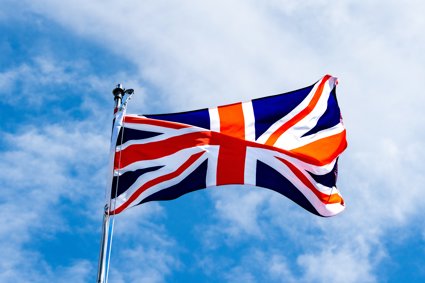
Who am I?
Key questions
What is identity?
How do personal geographies become part of our identities?
Understanding identity is not just a case of knowing where we come from, it is a combination of a huge range of factors that come together to make an individual. Asking the question Who am I? will, on a basic level, produce relatively simple answers connected to, for example, gender, race and religion. However, by digger deeper, people start to think about their identity as being far more multifaceted and complex, with connections to where they were born, their ancestry, education, wealth, health, income, and the place where they live. Dr Nick Barratt, a genealogical consultant, states that "being able to ask questions about who we are and where we fit into the modern world is an important part of developing our identity." Therefore, it is important for students to ask the questions Who am I? and Who do we think we are? in relation to their world around them.
As part of the new Key Stage 3 Curriculum changes, cultural understanding and diversity now forms one of the key concepts. Under the explanatory notes, it is suggested that students consider how people and places are represented in different ways. Through asking questions such as Who am I? and Where do I come from? students can further develop their understanding of diversity and social cohesion. Exploring an individual's identity and their place within their personal geography (the world around them in which they interact) has become an important aspect of human geography in the Key Stage 3 classroom. It also provides the perfect opportunity for cross curricular links, particularly with Citizenship. In this lesson, students are encouraged to start to develop an understanding of their own identities, and also to recognise the similarities and differences that exist between them and the identities of others.
Starter
Who do we think we are?
Watch this video clip. It shows young people from the UK and four countries in the Middle East discussing their identities and the similarities and differences between their lives.
While you are watching the clip, list the different elements that make up somebody's identity. Here are three to start you off:
-
Gender
-
Ethnicity
-
Religion
How many more can you think of?
Discuss your ideas with the rest of the class.
If you have time, explore the rest of the Offscreen Education website, which documents the progress of eight Middle Eastern students who spent two weeks in the summer of 2008 travelling across the UK in search of an authentic picture of UK culture.
Main Activity
How does the world around me contribute to my identity?
Your teacher will provide you with a map of your local area. Around the map, using arrows and text, label particular places that you know and visit. For example, you might label your school, your house or the local park. When you have done this, add some annotations to explain why these places are important to your identity.
You might also like to include some places that are not on your local map, but that still contribute to your identity. For example, the country that you were born, where you go on holiday or where your relatives live. Add these places in a different colour, and again explain why they are important to your identity.
Display your map on the classroom wall and take a look at the maps produces by others.
Using Google Earth to complete this task
An alternative way to complete this task is by adding and annotating place marks in Google Earth. You can then present your Google Earth maps to the rest of your class on the Interactive Whiteboard.
Plenary
Who am I?
You have now got quite a good idea about the different elements that contribute to your identity.
On a piece of A4 paper, write down three words that you think describe who you are.
Now share your words with the person sitting next to you. What do you have in common? What are the differences between you? Write down three words that can be used to describe both of you.
Finally, see if you can come up with three words to describe your class as a whole. Write these down on a piece of paper with the heading, Who do we think we are?
You could display this in your classroom to remind yourselves of the similarities between you.
File nameFiles
File type
Size
Download